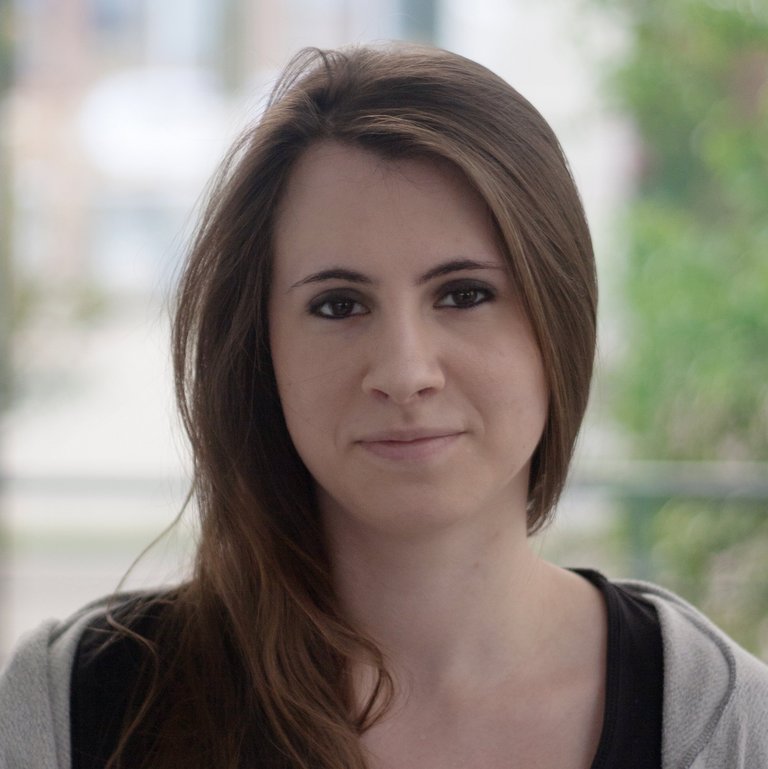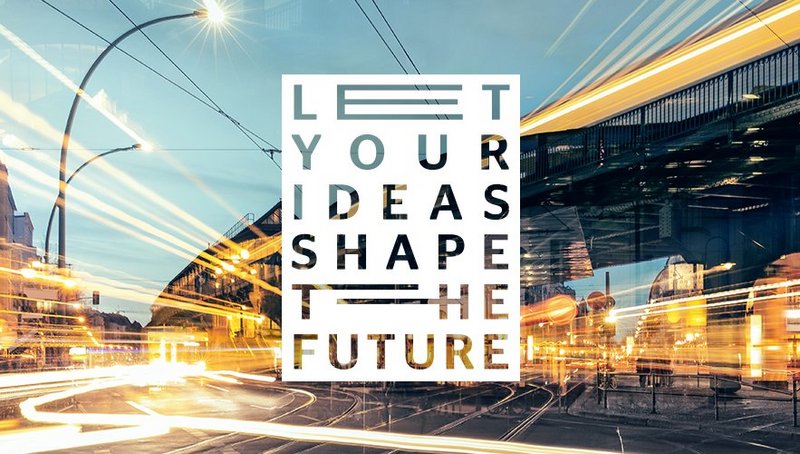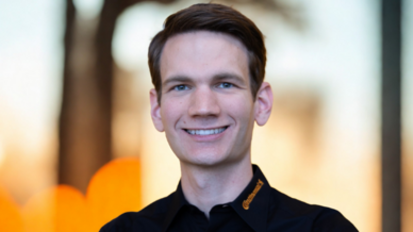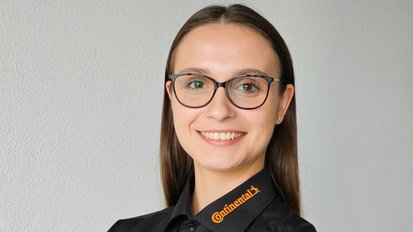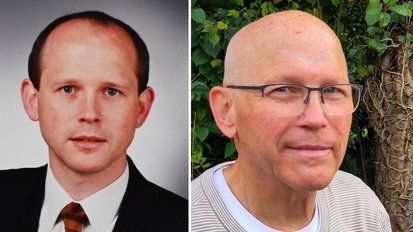From game design start-up to the world of qualification
My name is Monika Orzechowski and, as a qualified game designer, I have been supporting the Continental Institute for Technology and Transformation (CITT) in the areas of augmented reality, virtual reality, 3D printing, 3D scanning and new technologies in general since April 2023.
In this article, I would like to go into more detail about how I ended up at Continental by chance after working in games and software development in my own small start-up.
Early Interest in Technology
Even as a small child, I was interested in technology and came into contact with the first home computers at an early age - and of course the odd video game. -This developed into a great fascination for digital worlds, which has only increased over the years. When deciding on a future career path, in addition to the obvious options such as computer science and media communication, I became aware of a game design course and was immediately impressed.
I did my bachelor's degree in the "Art" branch of the course and developed video games with some fellow students during my studies.
From Study Time to Start-up
After graduating, we then decided to turn our hobby into a career, found a start-up and publish our first multiplayer game as a small development studio. Although the response from players was very good, we were only moderately successful. Fortunately, this brought us to the attention of a software development company from Düsseldorf, for whom we developed classic desktop and web applications for several years in a clichéd barred basement office. This was particularly exciting for me because I was able to use the 2D and 3D visualization skills I had acquired during my studies, but I was also able to get to know many new areas - and had to because of the size of the team. This included dealing with 3D printers and 3D scanners, CAD file formats, customer-specific project work and the associated communication and, of course, the area for which I now mainly work: Augmented, virtual and mixed reality.
The Transition to Continental
After a few turbulent years, it was time for us to break new ground individually in the fall of 2022. During my further training in CAD design, which I subsequently started, a former work colleague sent me the CITT job advertisement. Up to that point, I hadn't had large companies like Continental on my radar as potential employers, but I thought the job profile was a perfect fit. So I applied - and was successful!
Since April 2023, I have been working at CITT, primarily on the topic of augmented reality in the training area, but also on new technologies in general. At the beginning, I found it a bit difficult to find my way around the large organization - the difference to my small start-up was quite big. But after a short time, I also noticed the many positive aspects:
Contrary to my assumption that you would be "trapped" in fixed structures here and that the workflow and tasks would be 100% predetermined, free and independent work is very much encouraged and demanded here. Continental is always open to new ideas, which is really important in such an innovative field. The exchange with colleagues is always very productive and the interest in new solutions for the digital future is unexpectedly high. The paths and coordination processes are a little longer, but I'm happy to overlook that because of the many positive points, especially as you always get help promptly if there's a real problem.
Overall, I am very happy at Continental and am glad to have taken the step from start-up to corporation!
Everyday Life at Continental
If I had to describe a normal working day, I would probably say: varied. My work here is very varied. Sometimes you spend the whole day developing and planning another AR application and creating concepts, designs, 3D models, animations or working on the UI/UX. Sometimes I'm in meetings to discuss the next project and create presentations and documentation for it. And sometimes I go on a business trip with a 3D scanner in my luggage, for example, to scan some machines and objects at another location that will later be processed for AR/VR applications. I organize most of this myself and work very independently, which I really like because of my background. One difference to my previous experience, however, is the close collaboration with people, as we mainly deal with the development of training and learning applications in AR. In my work, I always have our colleagues in mind, for whom we create the content, and to get to know their needs better, I exchange ideas closely with the locations, see what is needed and point out the possibilities and limitations. Frequent feedback is particularly important here.
Challenges and Opportunities
As the topic is still very new, it is particularly important to break down the technological possibilities, develop concrete examples and use demonstrations and presentations like a translator to bring future technologies closer to those who previously had little contact with them. Because the potential is huge and the ideas that come to me after a presentation are very valuable, so that one or two prototypes and storylines have already developed from them. It's just nice to use my skills for something meaningful like qualification and not to develop the next "Call of Duty" and I really like the work and the whole environment here.
In this respect, I'm really excited to see what specific use cases are still to come and where the topic is heading in general, and I'm really pleased to be able to support this and drive forward not only digital development, but also my own personal development.
This article was written by our colleague.
